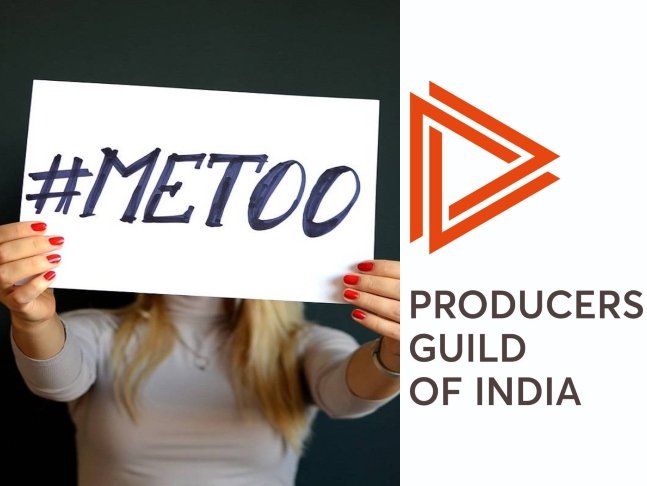With the #MeToo movement creating a wave of a larger institutional reform and claims of sexual harassment flowing throughout the Indian film industry, the major limbs of the industry have finally taken a positive stand on effectively supporting the movement and efficiently enforcing rules which they should have don long back. According to reports, The Producer Guild Association of India, comprising of major Producers of the film industry amongst others has made it compulsory to implement the PoSH (Sexual Harassment at Workplace (Prevention, Prohibition and Redressal) Act, 2013), including the provision of maintaining an Internal Complaints committee. It has been made mandatory to sign the same clause, mandating the implementation of the same within 30 days, lest it should result in disqualification from the association. Earlier in October, it had decided to form a committee to lead efforts committing for a safe space for women, as has previously been reported. It has acknowledged the application of the handbook compounded by Complykaro, which incorporates various facets including the enforcement of the Vishakha Guidelines propounded by the Supreme Court. Further, the focus has been on raising awareness about the issue and providing for an effective redressal mechanism.
A similar step of effective sensitization has been taken by the Screenwriters Association as well which organized an awareness workshop recently on October 27.
The Cine and TV Artists Association has also, upon receipt of allegations and conducting a due diligence has expelled Alok Nath from the association. Further, reality show organizers ANI have also reportedly removed Anu Malik from the Indian Idol jury upon Sexual Harassment allegations and consequent due diligence.
It is extremely heartening to see the industry take a stand and effectively take steps to support the larger institutional reform which is the aim of the #MeToo movement. Reiterating the Vishakha Guidelines, the definition of Sexual harassment has been given as an inclusive provision comprising of an unwelcome sexually determined behavior. This includes: –
- a) Physical contact and advances;
- b) A demand or request for sexual favours;
- c) Sexually coloured remarks;
- d) Showing pornography;
- e) Any other unwelcome physical, verbal or non-verbal conduct of sexual nature
This definition and the preventive steps further prescribed ought to be implemented in the private sphere as well to pertinently the uphold the ultimate intention of the #MeToo movement and contribute to the larger institutional reform which is targeted for.
On the other hand, though, the Supreme Court has, according to reports, rejected a petition in public interest, to take suo-moto cognizance of cases involving an allegation of sexual harassment. The petitioner specifically requested the court to direct the investigators to record statements of the victims and register cases on their own. The court, keeping in mind the problem of implementation and existence of a due process has rejected the petition specifically saying that “Accusations without evidence have become a viral fever”.
Image source: here











